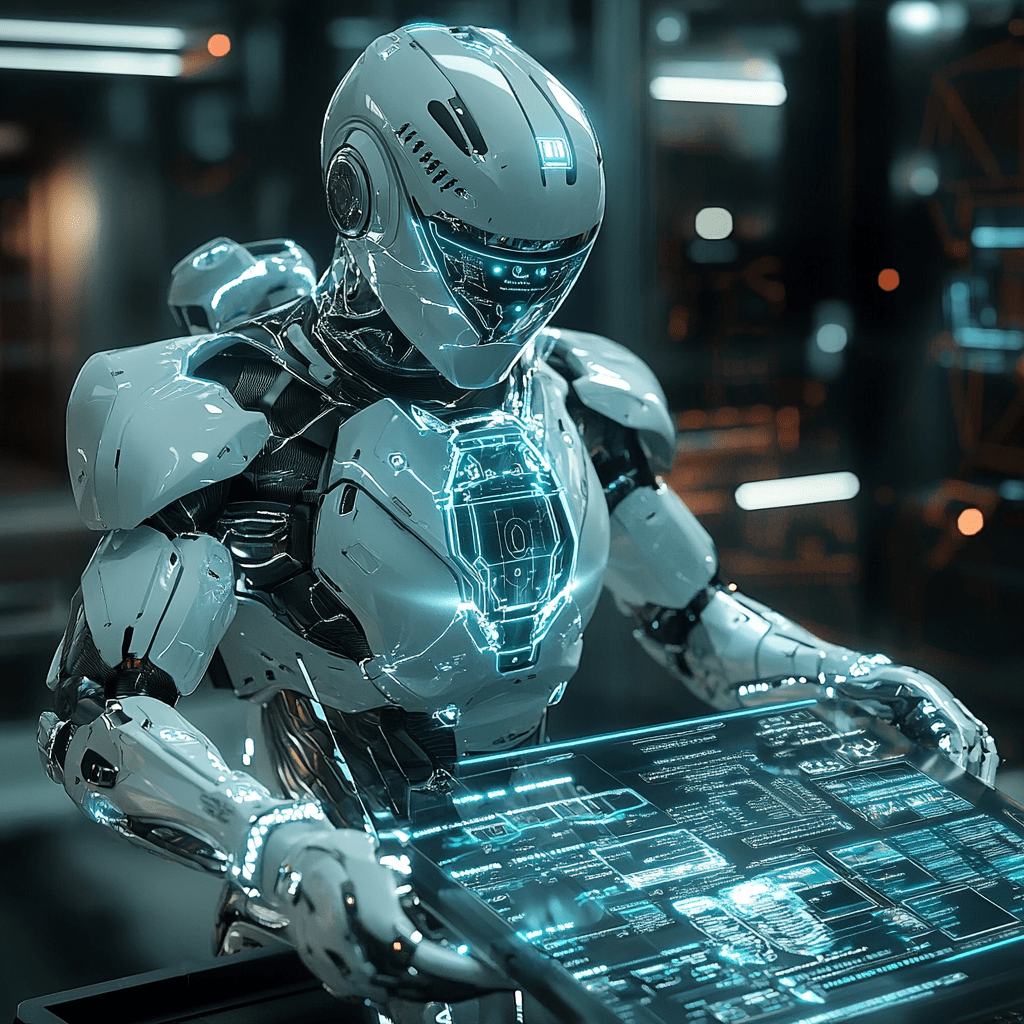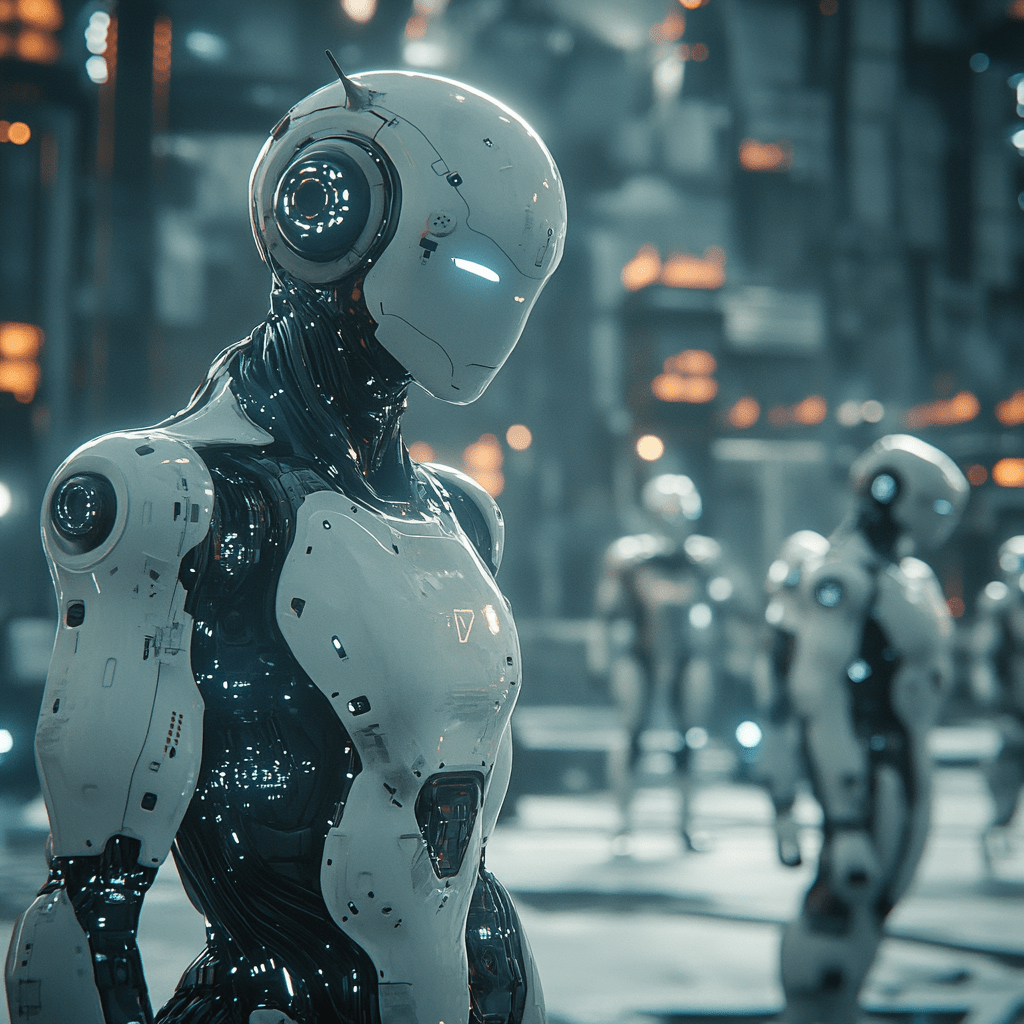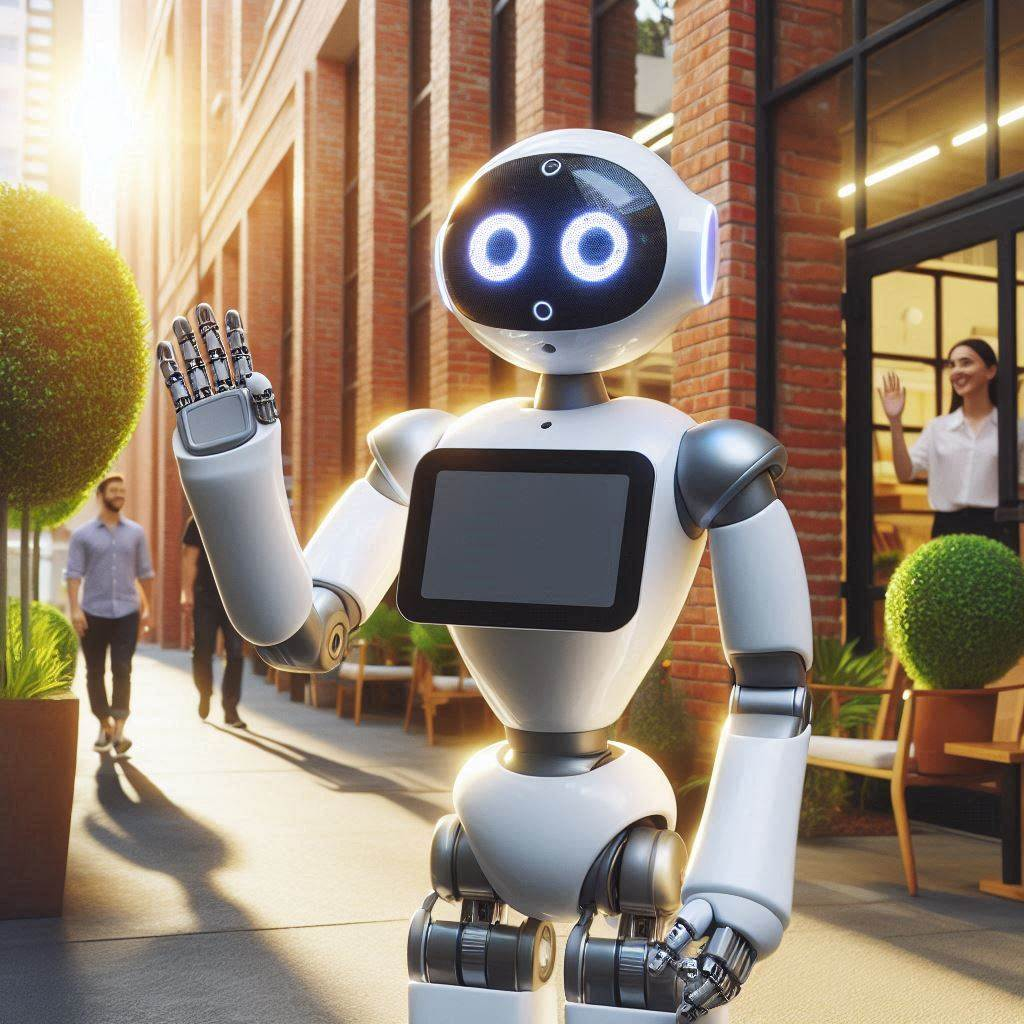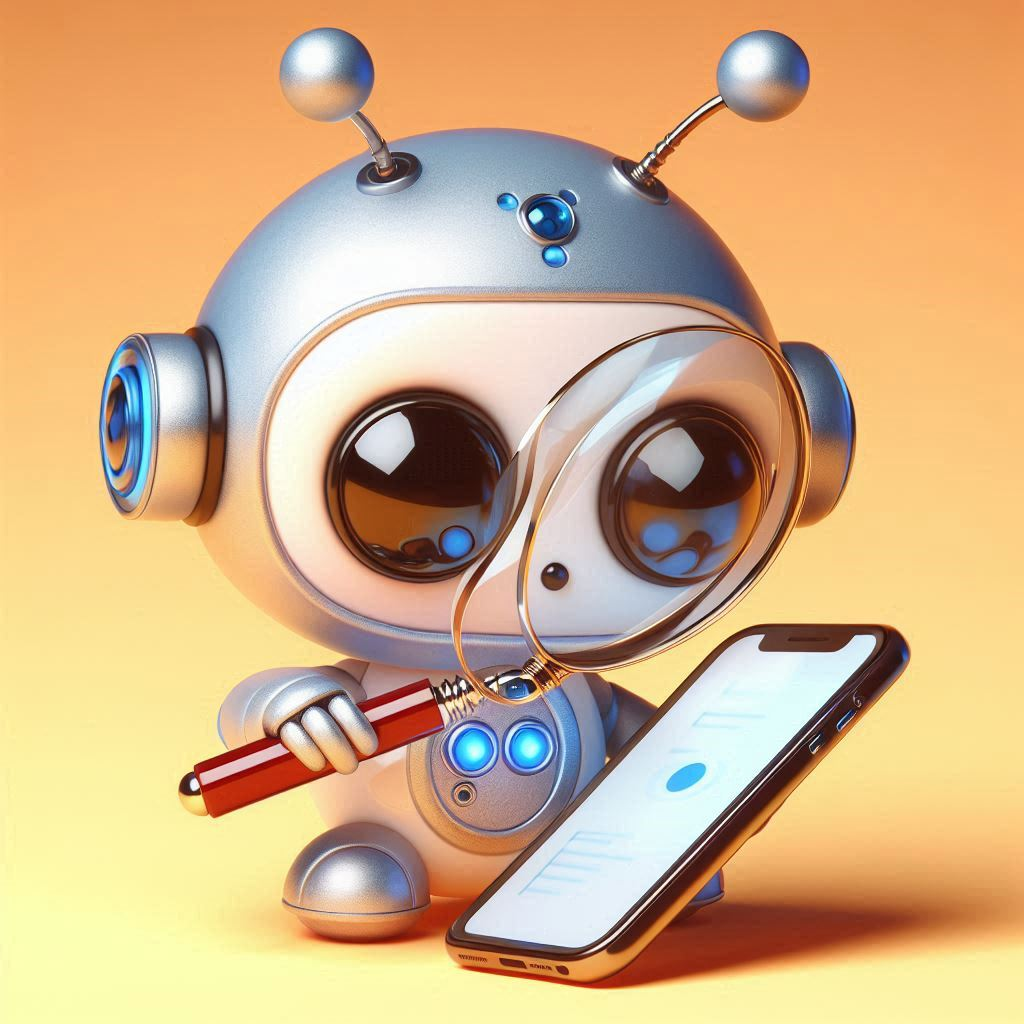Android Users Replace Google Assistant ChatGPT
With the advent of AI-driven technologies, the landscape of digital assistants is undergoing a significant transformation. One such innovation is ChatGPT, developed by OpenAI, which is poised to challenge the dominance of Google Assistant in the Android ecosystem. In recent developments reported by Mishaal Rahman at Android Authority, ChatGPT is making strides towards integration with Android’s voice assistant APIs and system-wide overlay UI. This move could potentially allow users to set ChatGPT as their default assistant app, offering a new level of accessibility and functionality on Android devices.

Traditionally, Google Assistant has held sway as the default assistant app on Android, but with the emergence of ChatGPT’s expanded capabilities, the competition is heating up. ChatGPT, originally a text-only generative AI, expanded its repertoire to include voice and image input capabilities in a recent update. Rahman’s investigation into ChatGPT version 1.2023.352 revealed promising developments, including a new activity named “com.openai.voice.assistant.AssistantActivity” and the introduction of an overlay API. Although these features are still in development, they hint at ChatGPT’s ambitions to become a formidable contender in the digital assistant arena.
One of the key advantages of ChatGPT potentially becoming the system-wide assistant app is its ability to leverage always-on voice hotwords, a feature typically associated with system apps. This functionality, however, necessitates collaboration with Android manufacturers and access to privileged APIs. Despite these challenges, the prospect of ChatGPT being integrated into the Android ecosystem has garnered considerable interest, fuelled by its growing popularity among users.
The evolution of ChatGPT extends beyond its integration with Android devices. OpenAI recently announced significant updates to ChatGPT, introducing image analysis capabilities and speech synthesis options. This enhancement, slated for rollout to Plus and Enterprise subscribers, underscores OpenAI’s commitment to advancing conversational AI technology. By enabling ChatGPT to process images and engage in verbal conversations, OpenAI is pushing the boundaries of AI-driven interactions, offering users a more immersive and intuitive experience.
The integration of image recognition into ChatGPT opens up a myriad of possibilities for users, from identifying objects in photos to troubleshooting everyday problems. Coupled with its existing text-based capabilities, ChatGPT emerges as a versatile tool for a wide range of tasks. Moreover, the addition of speech synthesis options enhances the conversational aspect of ChatGPT, paving the way for more natural interactions between users and AI assistants.
Meanwhile, amidst these advancements in AI technology, concerns loom over the future of Google Assistant. Reports indicate a shift in focus within Google’s AI division, with an emphasis on the development of a new AI assistant codenamed “Pixie.” This move, aimed at bolstering Google’s hardware ecosystem, raises questions about the fate of Google Assistant and its role in the company’s AI strategy. With rumours swirling about the integration of large language models into voice assistants, the competition in the AI landscape is intensifying, prompting tech giants like Google to rethink their approach.
The potential ramifications of these developments extend beyond the realm of digital assistants. As AI technology continues to evolve, its impact on user experiences, privacy concerns, and market dynamics becomes increasingly significant. The emergence of ChatGPT as a viable alternative to established players like Google Assistant underscores the dynamism of the AI landscape and the opportunities it presents for innovation and competition.
Expanding upon the ramifications of the Google Assistant ecosystem, one can delve into its implications for user privacy and data security. With the proliferation of AI-driven technologies, concerns surrounding data collection and algorithmic bias have become increasingly prominent. Google’s dominance in the digital assistant market raises questions about the extent to which user data is utilised and the potential for exploitation by tech companies. Furthermore, the integration of large language models into voice assistants may exacerbate these concerns, as the sheer volume of data processed poses challenges for ensuring user privacy.
Another aspect to consider is the evolving role of voice assistants in shaping user behaviour and preferences. As AI technologies become more integrated into everyday life, they wield significant influence over how users interact with devices and consume information. The rise of ChatGPT as a competitor to Google Assistant introduces new dynamics into the market, challenging the status quo and offering users alternative options for digital assistance. This shift has the potential to disrupt established patterns of usage and foster innovation in the development of AI-driven solutions.
Turning to the impact on Pixel devices, the integration of ChatGPT presents both opportunities and challenges for Google’s hardware ecosystem. While Google has traditionally positioned Pixel devices as showcases for its AI capabilities, the emergence of ChatGPT as a competitor complicates this narrative. The success of ChatGPT on Android devices could potentially erode the exclusivity of Pixel devices as platforms for Google’s AI innovations. Additionally, the integration of ChatGPT may necessitate adjustments to Google’s hardware strategy, particularly in terms of differentiation and value proposition.
Moreover, the rivalry between Google and Microsoft in the AI space harkens back to the days of the Lumia smartphones and Windows Mobile. Both companies have a long history of competing in various sectors, from operating systems to cloud services. The integration of ChatGPT into the Android ecosystem adds another dimension to this rivalry, as Microsoft continues to invest in its own AI-driven solutions, such as Cortana and Azure AI. The competition between Google and Microsoft in the AI arena is not only a battle for market share but also a contest of technological prowess and innovation.
The integration of ChatGPT into the Google Assistant ecosystem has far-reaching implications for user privacy, device usage patterns, and the competitive landscape of the AI market. As Google seeks to maintain its dominance in the digital assistant space, it must navigate the complexities of data privacy, hardware integration, and competition from rivals like Microsoft. The evolution of AI-driven technologies promises to reshape the way we interact with devices and access information, heralding a future where digital assistants play an increasingly central role in our daily lives.
In conclusion, the convergence of AI-driven technologies and the proliferation of digital assistants heralds a new era of interaction between humans and machines. ChatGPT’s integration with Android devices, coupled with its expanding capabilities, signals a paradigm shift in the digital assistant market. As OpenAI continues to push the boundaries of conversational AI, the future of digital assistants remains ripe with possibilities, promising enhanced experiences and greater accessibility for users worldwide.
for all my daily news and tips on AI, Emerging technologies at the intersection of humans, just sign up for my FREE newsletter at www.robotpigeon.beehiiv.com






